Kortright Centre for Conservation’s Home School Program is a dynamic educational experience best suited to children aged 4-16.
Over 4-8 weeks of immersive sessions, learners engage deeply with the natural world, exploring Kortright’s diverse ecosystems through inquiry-driven learning.
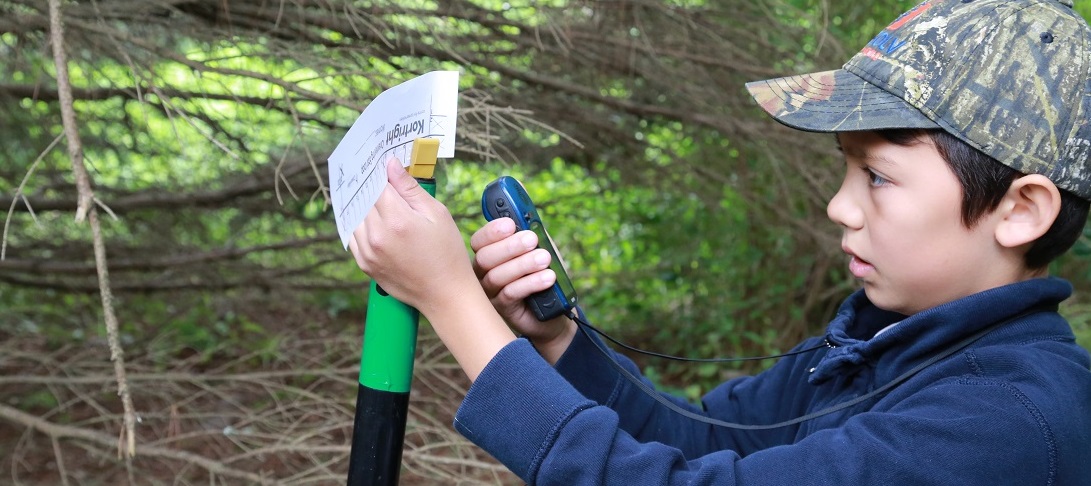
The program blends academic subjects with hands-on outdoor experiences, fostering curiosity and connection with nature.
Each session is tailored to the students’ interests, seasonal changes, and the specific features of Kortright’s landscape.
Whether investigating the buzzing activity of the apiary, navigating the rich biodiversity of the hardwood forest, or observing the seasonal changes of the wetlands, students discover science, engineering, technology, math, arts, history, and culture in a real-world context.
Educators navigate students to answers through thematic explorations, encouraging them to pose questions, conduct experiments, and engage in creative problem-solving.
Activities are designed to be both educational and exhilarating, from building shelters, learning survival skills, mastering the low ropes course, to analyzing the significance of historic artifacts.
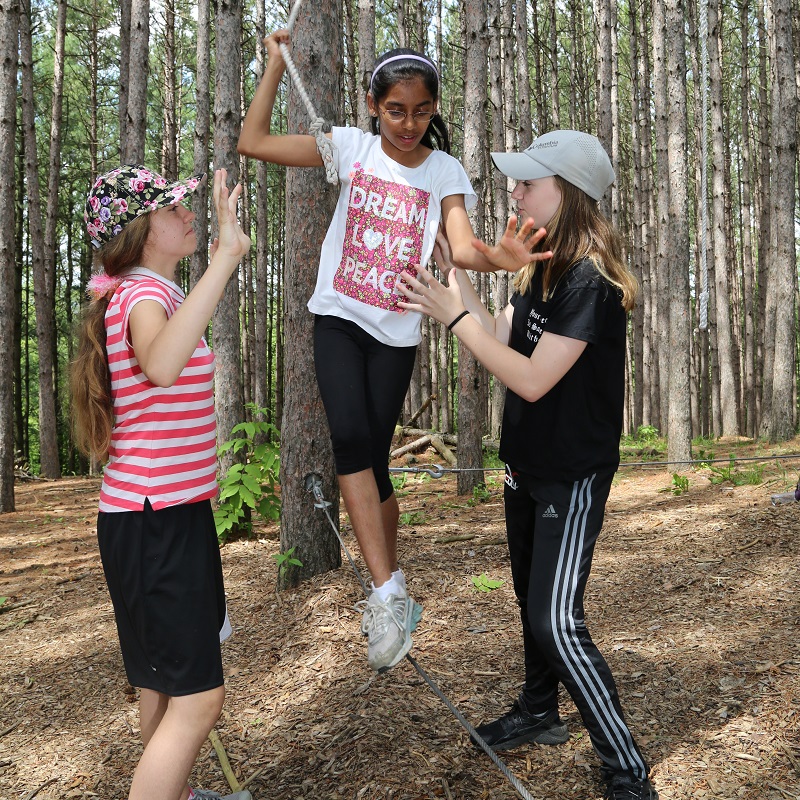
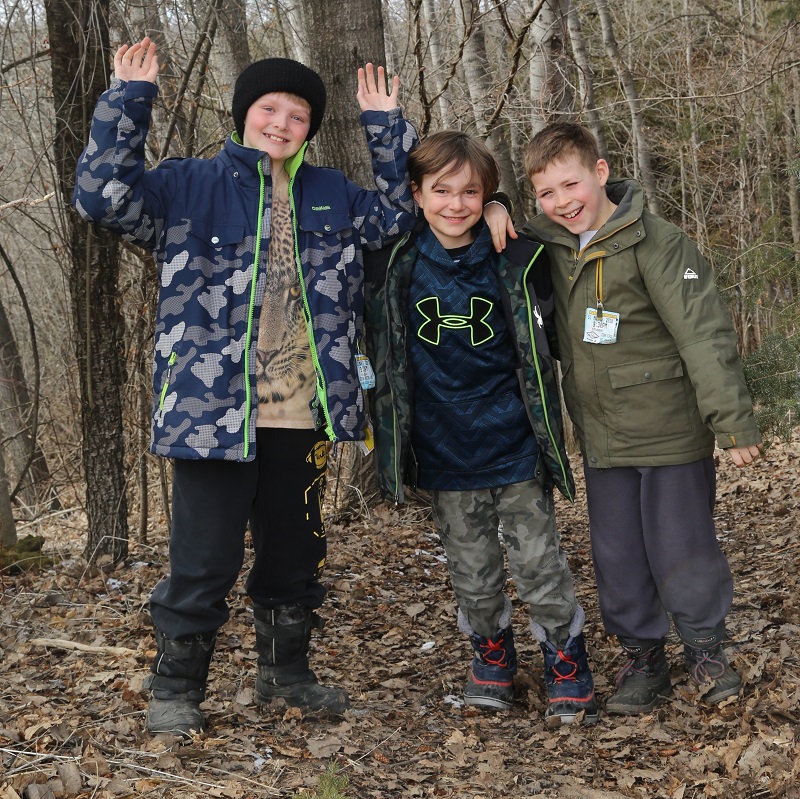
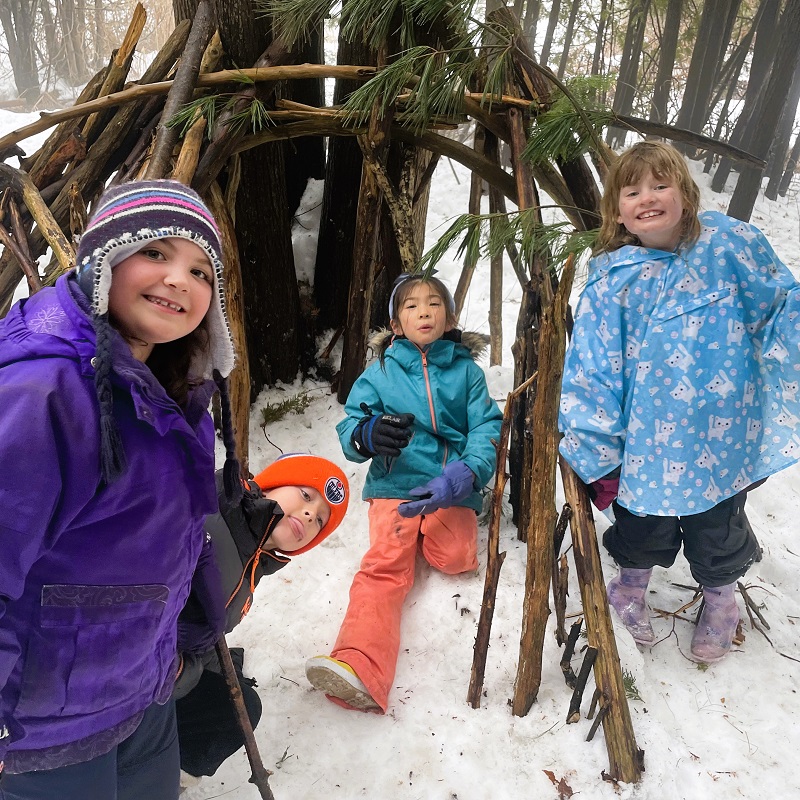
Our approach blends academic learning and fosters essential life skills such as teamwork, resilience, and empathy while promoting environmental stewardship.
The program’s flexibility allows it to adapt to the unique rhythms of the land, seasons, and the evolving interests of its participants, ensuring a rich and personalized educational experience.
Each weekly session has a predictable routine that incudes directed investigation, independent exploration, collaborative work, and free play, scaffolding their experiences across sessions, toward learning goals.
By the end of the program, students gain a profound understanding of their natural surroundings, broaden their knowledge of topics that are of personal interest, and deepen their relationship with the land.
A mixed-age group, learners develop new skills, explore complex concepts, and deepen their understanding of familiar topics.
Older students can practice empathy and patience, while younger students engage with advanced activities and challenges, enhancing their skills and understanding.
This setup also provides a supportive environment for children that need a break from traditional education and fosters experiences of nurturing and helping others.
Programming is entirely outdoors and occurs rain or shine, with accommodations made for extreme weather.
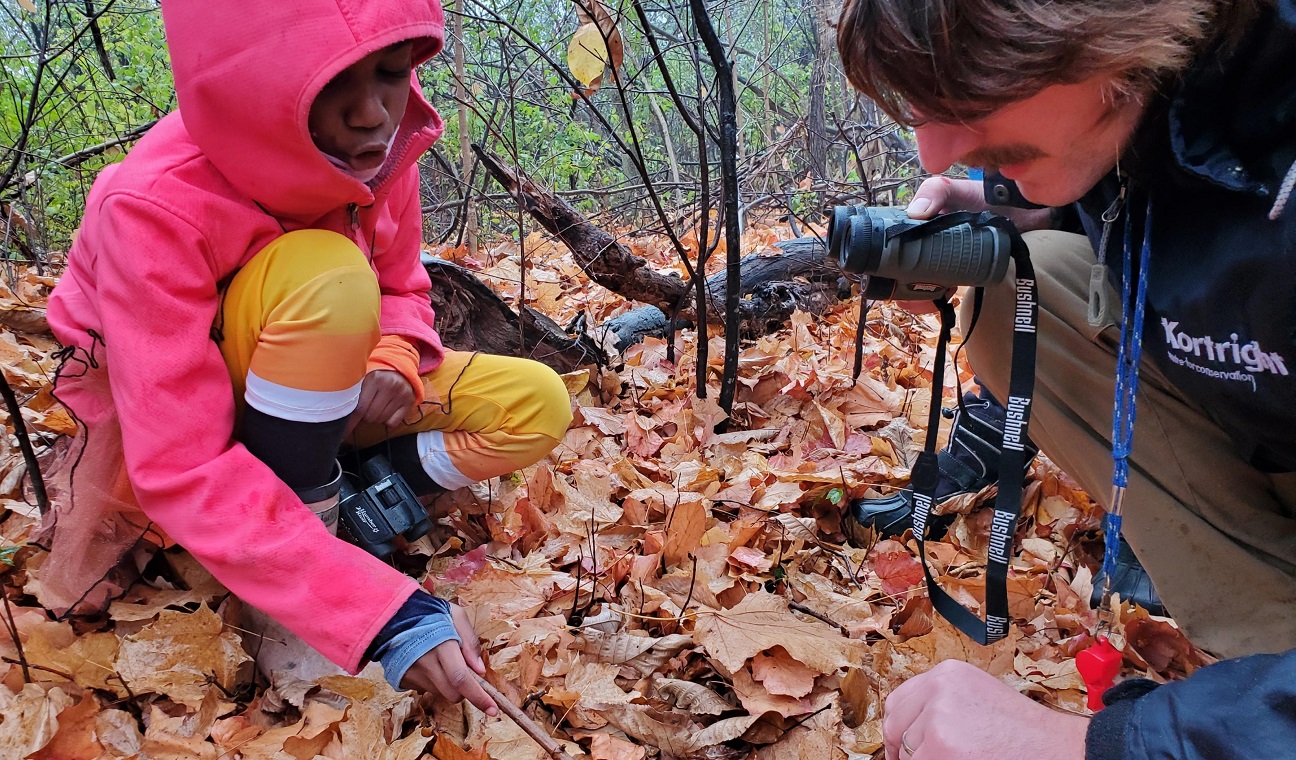
DAILY FLOW
COMMON TOPICS & THEMES
BOOKING YOUR PROGRAM
Upcoming Sessions
WINTER 2026
Program Dates & Times:
Mondays, January 19, 26, February 2, 9, 23, March 2, 2026
1:00 p.m. to 3:30 p.m.
$142.00 per participant
Wednesdays, January 21, 28, February 4, 11, 25, March 4, 2026
1:00 p.m. to 3:30 p.m.
$142.00 per participant
SPRING 2026
Program Dates & Times:
Mondays, April 20, 27, May 4, 11, 25, June 1, 8, 15, 2026
1:00 p.m. to 3:30 p.m.
$189.00 per participant
Wednesdays, April 22, 29, May 6, 13, 27, June 3, 10, 17, 2026
1:00 p.m. to 3:30 p.m.
$189.00 per participant
Minimum registration is required for program to run.
TRCA Cancellation Policy
Cancellation requests received by Toronto and Region Conservation Authority (TRCA) more than 30 days before the start of the camp program will receive a 75% refund of the relevant program fees paid. Cancellation requests received by TRCA less than 30 days before the start of the camp program do not qualify for a refund. Rescheduling is subject to availability. There is no refund for camp days missed or children opting not to participate in activities. Cancellation requests must be received in writing by email to vservices@trca.ca. Minimum registration numbers required for camp to operate. In the event TRCA must cancel the camp due to low registration or government order, a full refund will be issued.

